There are days, infinitesimal moments where the only appropriate response to life, to this life is to scream or dance or cry.
I think about this as my heels click clack down the dark sidewalk, broken keys threaded through my fingers, ready.
How when my friends from home first came to visit me in Chicago, they said, “Why are you walking so fast?” and “How come you didn’t smile at that stranger when we passed him by?”
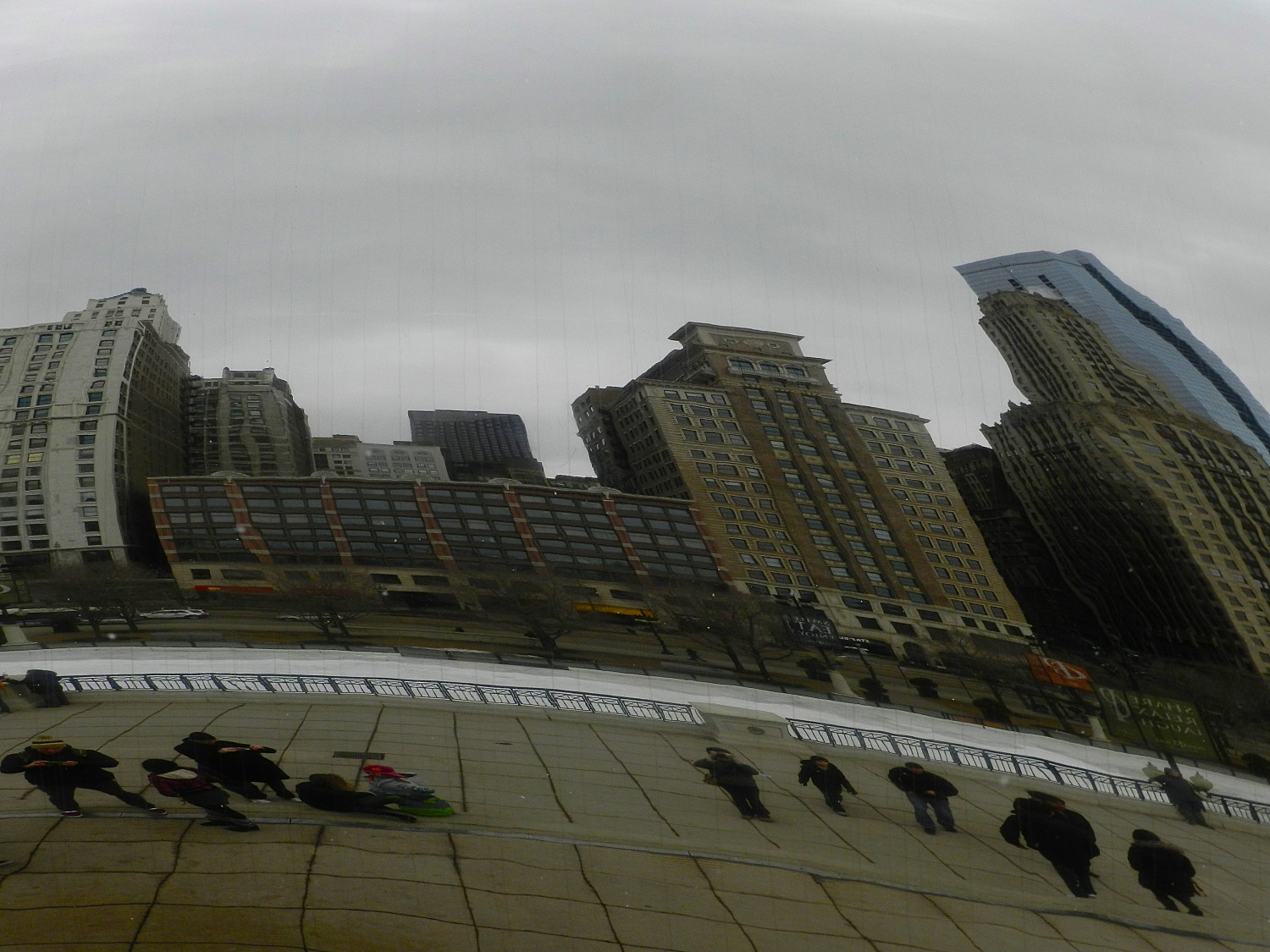
How a different friend, from that same city stared at every man who looked at her with a steely gaze on the streets of Istanbul and didn’t, couldn’t understand that here, eyes were meant to avert. Here, a direct observation was also an invitation.
How we adapt.
How she practiced averting her eyes for the rest of our trip and missed the minarets.
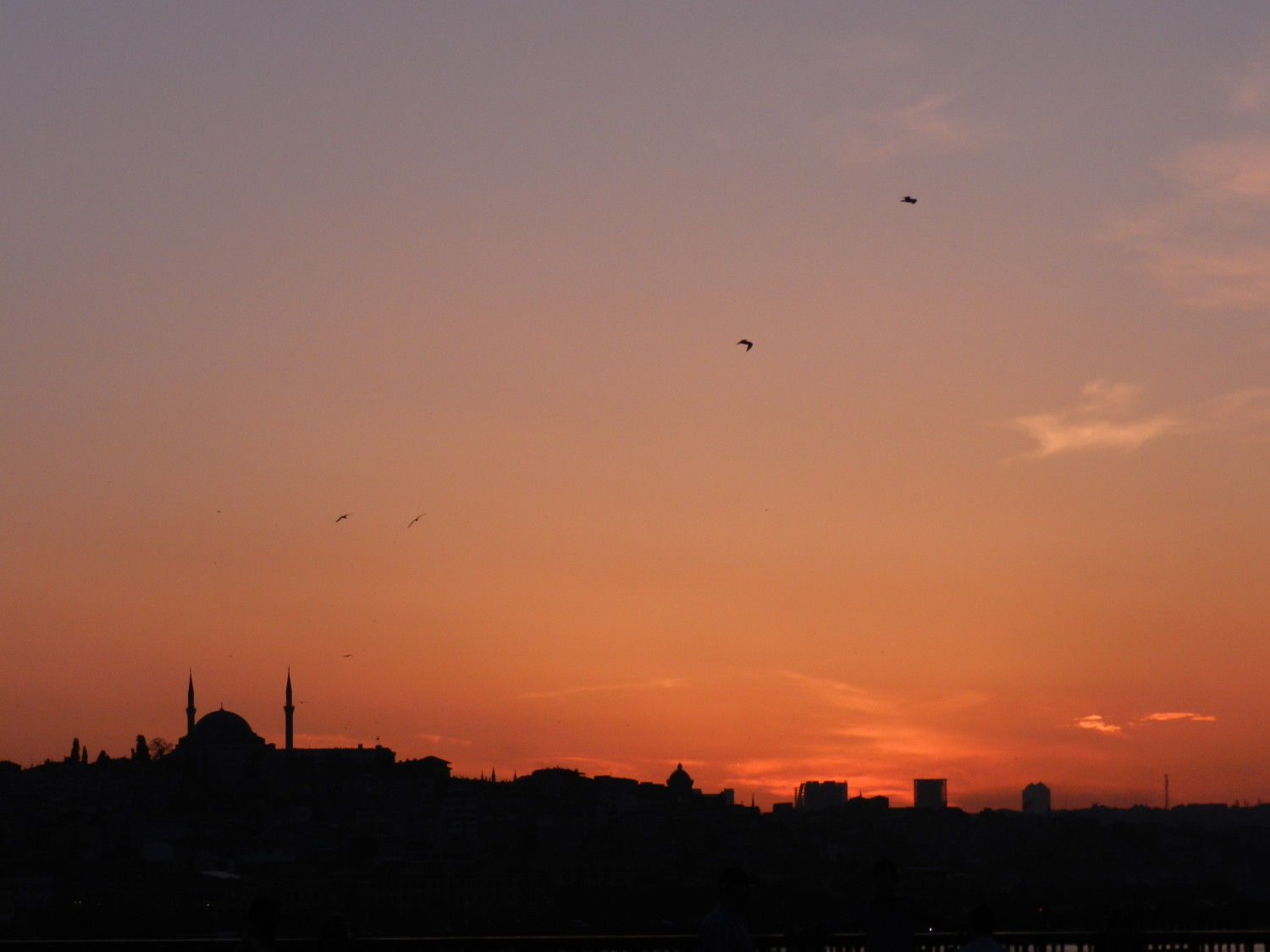
Someone recently told me, the difference between a man and a woman is this: A man is afraid a woman is going to laugh at him. A woman is afraid a man is going to kill her.
How do we love what we also, fear?
I don’t know, so I turn the music up louder. I scream and I dance (but I can’t cry yet), now safely in my car with the windows up and the doors locked.
And I remember six years ago, walking through the aisles of Decathlon looking at all of the tents. It was summer, in France. I was traveling alone (a solo female traveler before I knew that was a thing. Before it was a thing) and there was a festival in Dax. All of the hostels were booked, so I thought camping might be a good option instead.
I wandered up and down and looked at all of the colors and sizes and thought about being so close to the breeze from the coastline someone said I should walk from Hendaye to Biarritz.
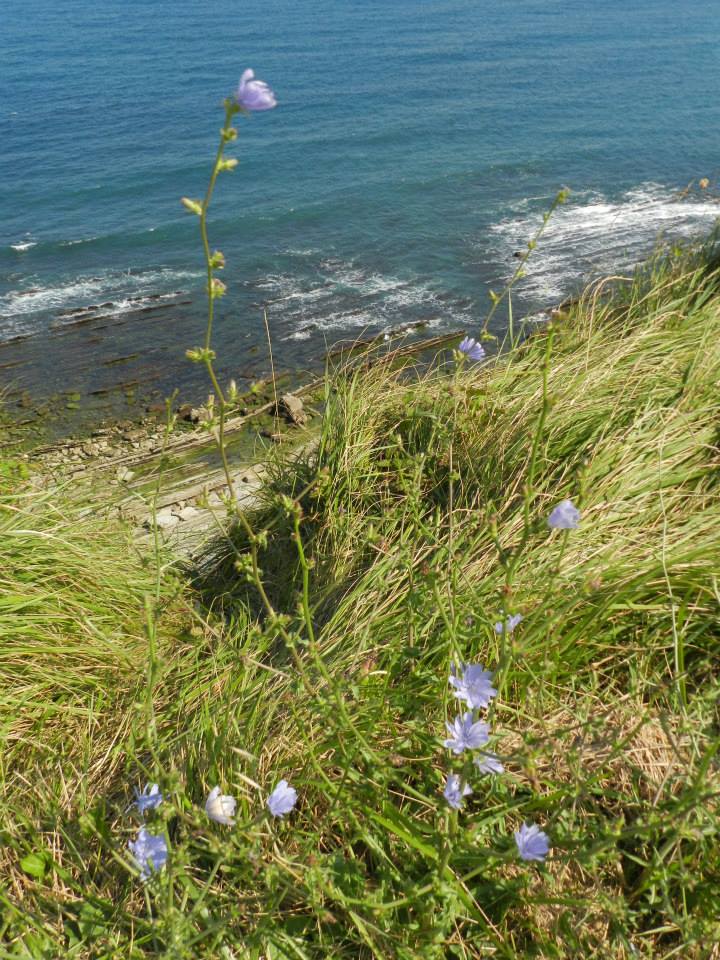
And then I remembered. That I was alone. That I was a woman.
And so I also walked down the aisle with the knives. The steel, fish gutting ones. The sharp, serrated ones too big to fit in your pocket. And I thought about what that might mean. Carrying a tent with a knife.
I bought the tent. I didn’t buy the knife.
During the festival I slept in my new tent next to hundreds of other tents. The first night, all night, I woke up to the sound of my zipper being unzipped by strangers, most of them men. Inches away, they opened the tent flap and peered at me in my sleeping bag.
Laughing and looking. Looking and laughing.
I swore in English and French and tugged on the zipper to pull it closed again. I fumed and I cried and I hated how vulnerable I felt.
And I hated men.
But the friends I met at the feria, the ones who had driven all day from northern France to meet me, ruddy cheeked and bright eyed, were all men. Men I adored. Men who I resented for needing to feel safe. To protect me. To shelter me from the other men who harassed and invaded and cat-called and touched me when I wasn’t in their presence.
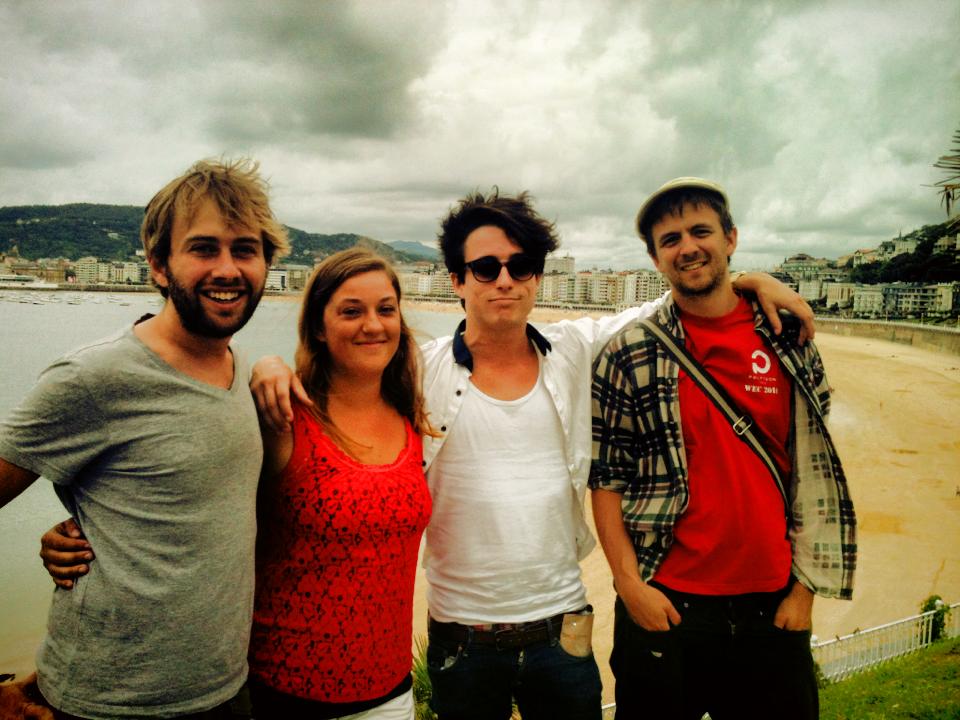
I turn the music in my car up louder.
It does not quiet the rage or the longing.
To love, to heal, to be soft and safe. To nurture and and at the same time to push back, hard. Fist threaded with broken keys, ready.
One of my favorite authors of all time Derrick Jensen has this to say in response to ecological warfare in A Language Older than Words, “Every morning when I awake, I ask myself whether I should write or blow up a dam.”
In this state, blowing up the fucking dam seems like the only way out. The way out of how we must hold our bodies. The imperceptible, infinitesimal ways we adapt to survive.
It is exhausting.
This fight to love around our fear. To be-with the anger. To experience the sheer weight of it.
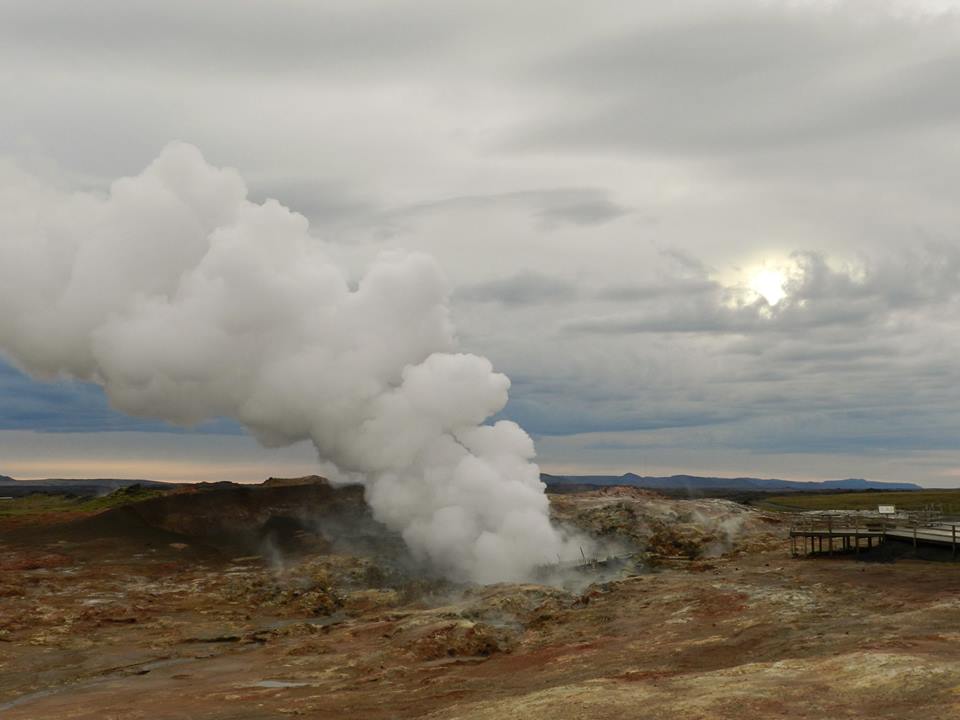
Not just mine, not just mine.
But water flows. And rivers flood.
And our love finds a way that is not violence. That is not a reaction of hatred to hatred. Fear pushed up against fear, heavy heads against brick wall alleys.
A way that lets the anger become a screaming, crying dance. That creates more life out of pain. That turns us to the page instead of the dynamite.
And our bodies become the way. And our laughter, the medicine.
For all of us.
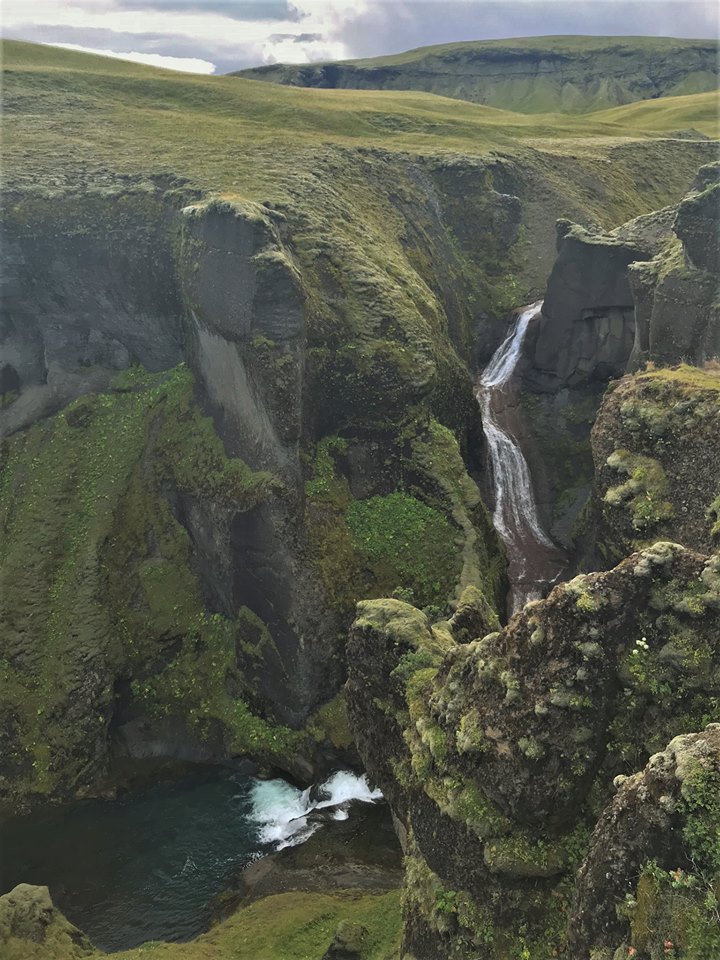

No Comments